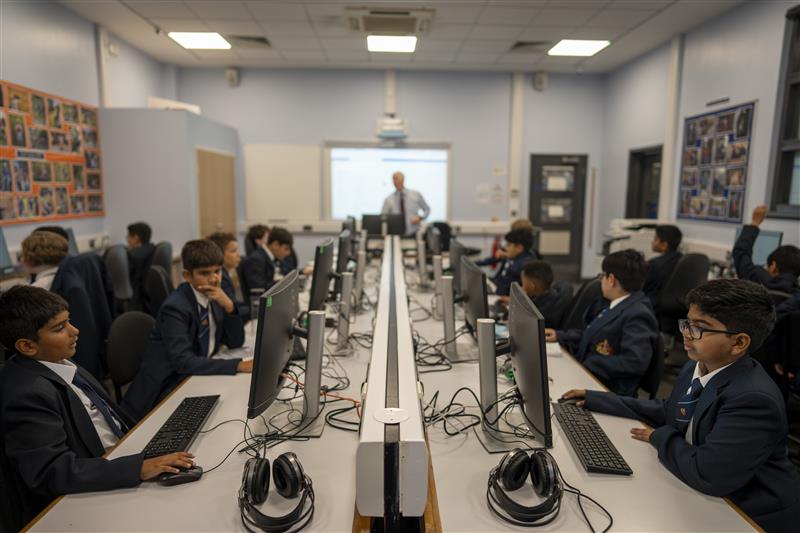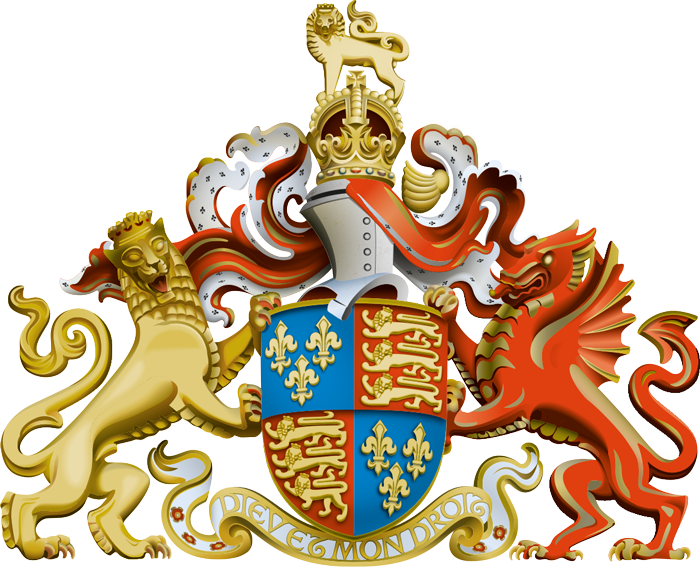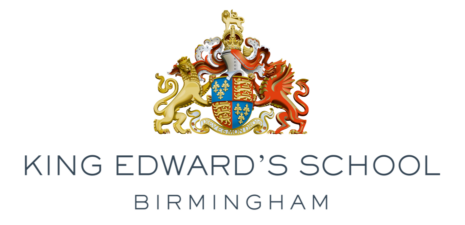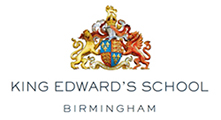Computer Science

Computer Science and Digital Literacy goes far beyond the computer screen. It’s a vital part of everyday life, and understanding its impact is essential for everyone.
Computer Science at KES equips pupils with strong digital literacy and computational thinking skills, fostering problem-solving abilities that extend across all subjects.
When pupils arrive, they begin developing their understanding of e-safety and learn to apply digital literacy both on the KES site and at home, using tools within the Office suite (now known as the Microsoft 365 Copilot suite).
The Lower School curriculum introduces key hardware concepts and explores emerging technologies, including automation through AI and the implications of AI bias. Through computational thinking and problem-solving using the Python programming language, pupils gain insight into how technology may be harnessed to tackle specific challenges.
We pursue the OCR GCSE Computer Science specification.
When studying Component 1, pupils develop a clear understanding of how computer systems function, including the role of the CPU, memory, and storage. They explore how data is represented, the purpose of system software, and the impact of ethical, legal, and environmental considerations in the digital age. This component encourages pupils to reflect on how technology influences the world around them and deepens their appreciation of the design and functionality of modern computing systems.
For Component 2, pupils develop their practical skills in Python 3 by revisiting programming techniques studied in Upper Middles. Pupils learn how to design, implement, test, and refine code in Python 3 to solve a range of structured and unstructured problems. This component enables pupils to gain an understanding of how programming can be applied to real-world scenarios, while strengthening their logical thinking and problem-solving abilities.
In A Level Computer Science pupils develop a comprehensive understanding of the inner workings of computer systems. They examine the architecture and function of the CPU, memory, and storage, and explore how data is represented and manipulated within a system. Pupils are encouraged to consider the wider implications of technology, including ethical, legal, cultural, and environmental issues, fostering critical thinking about the impact of computing on society. Pupils build on their prior programming experience by deepening their understanding of Python 3. They learn to design robust algorithms, implement efficient code, and apply structured techniques to solve both theoretical and practical problems. Through iterative development and testing, pupils refine their solutions and gain insight into computational thinking.
Pupils will undertake an independently chosen programming project that incorporates a suitable level of complexity, as required by the H446 specification. This project provides an opportunity for learners to identify and solve real-world problems through self-directed learning and the application of computational thinking. Pupils are encouraged to take ownership of their development process, demonstrating initiative, creativity, and resilience.
Future careers
Computer Science offers a strong edge through its ties to Maths, Physics, and Engineering. With rising demand in fields like cybersecurity, quantum computing and AI with many future roles yet to be created.
Beyond the classroom
We actively support pupils in deepening their understanding of Computer Science through coding clubs and national competitions open to all. We’re also expanding opportunities for pupils to engage with cybersecurity professionals, including guest talks and educational trips that bring real-world insights into the classroom.


